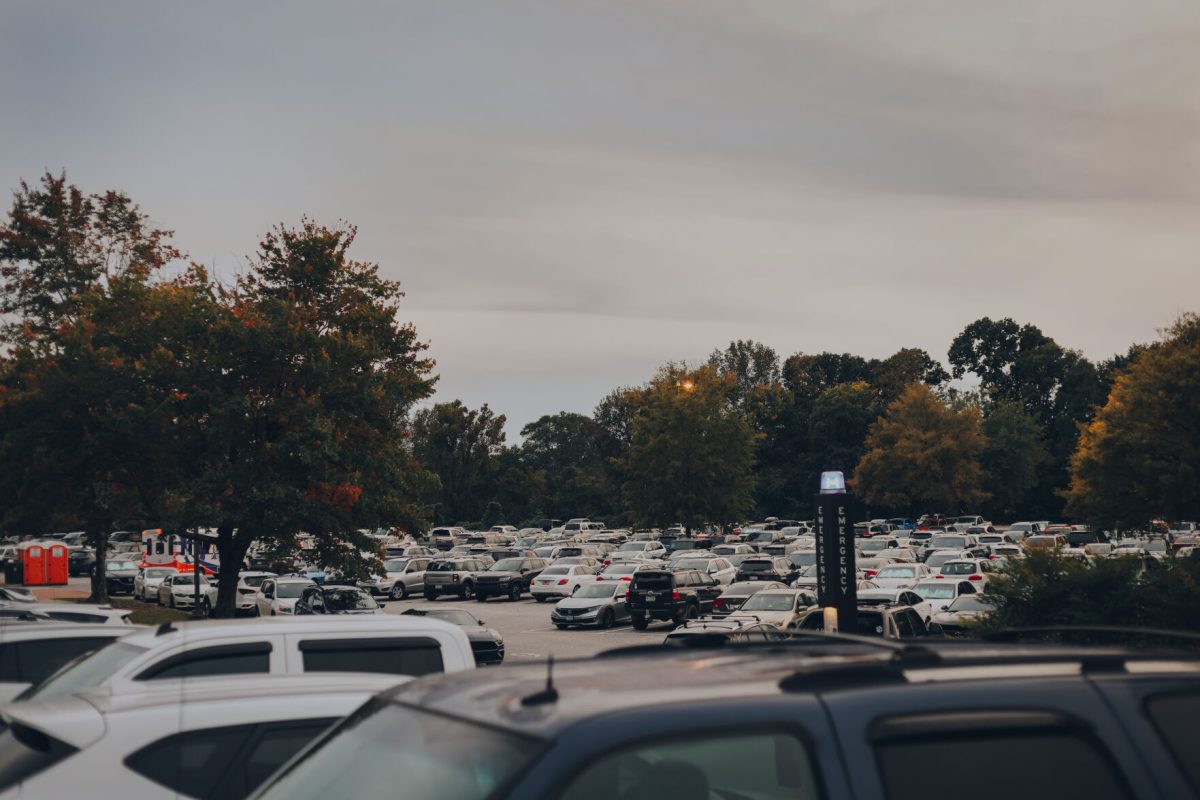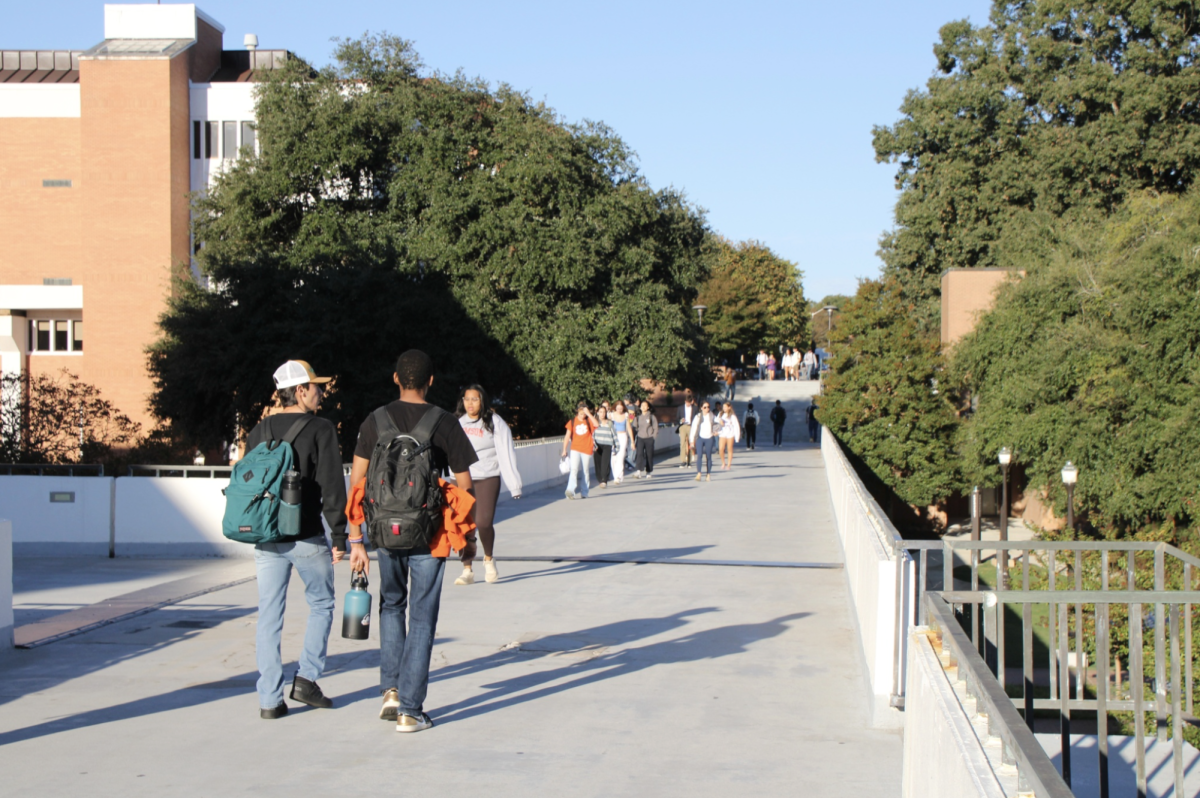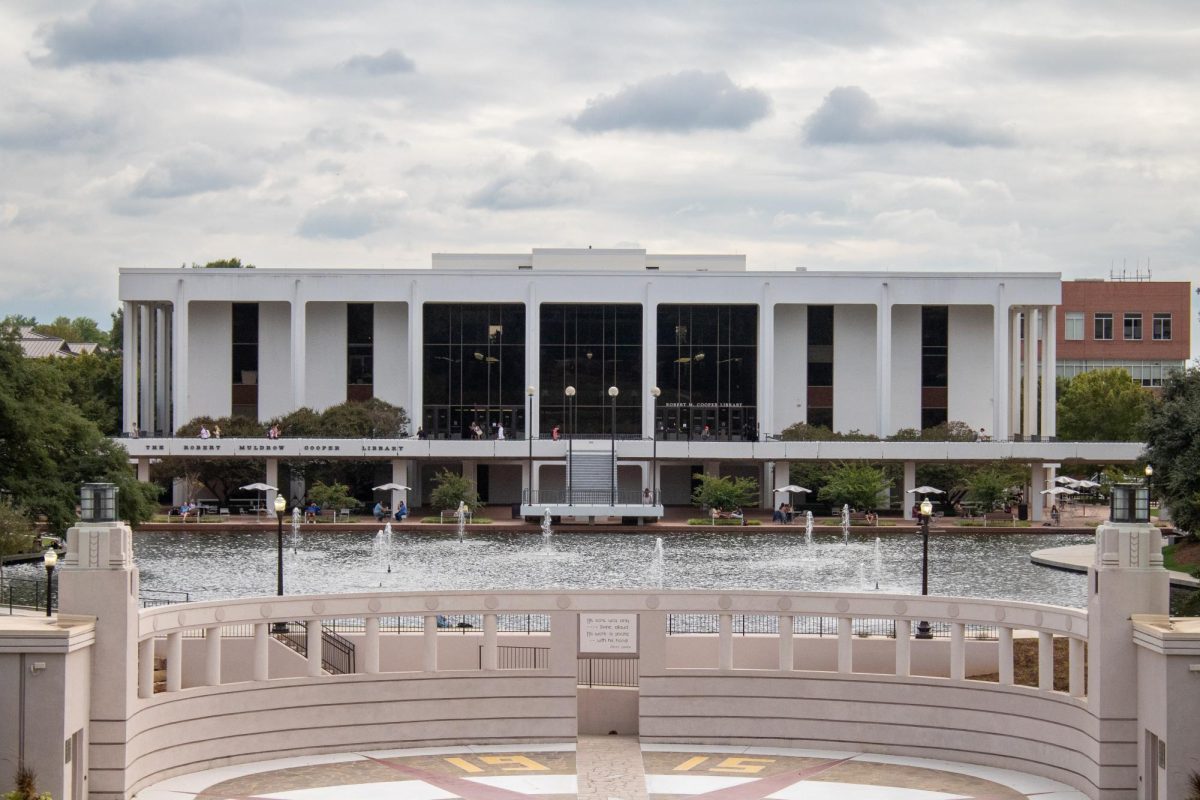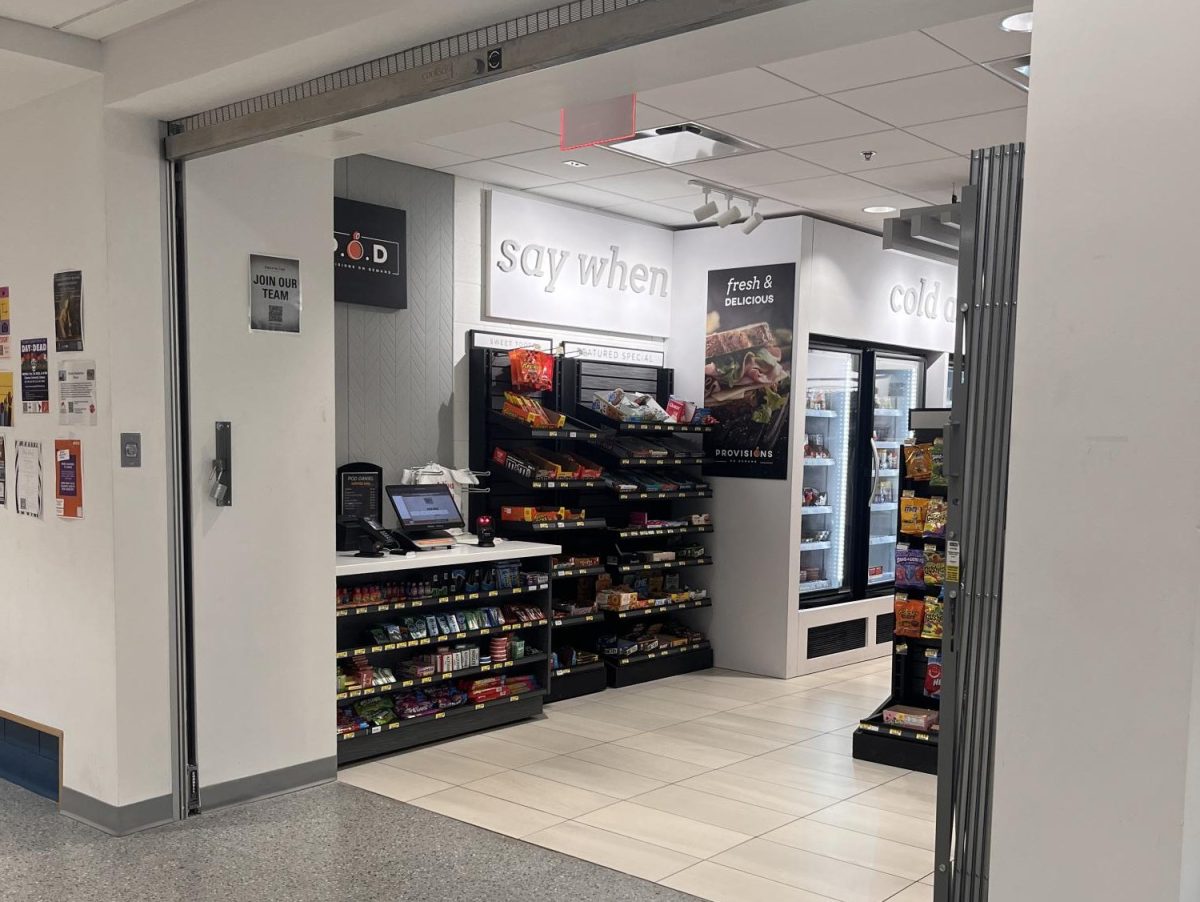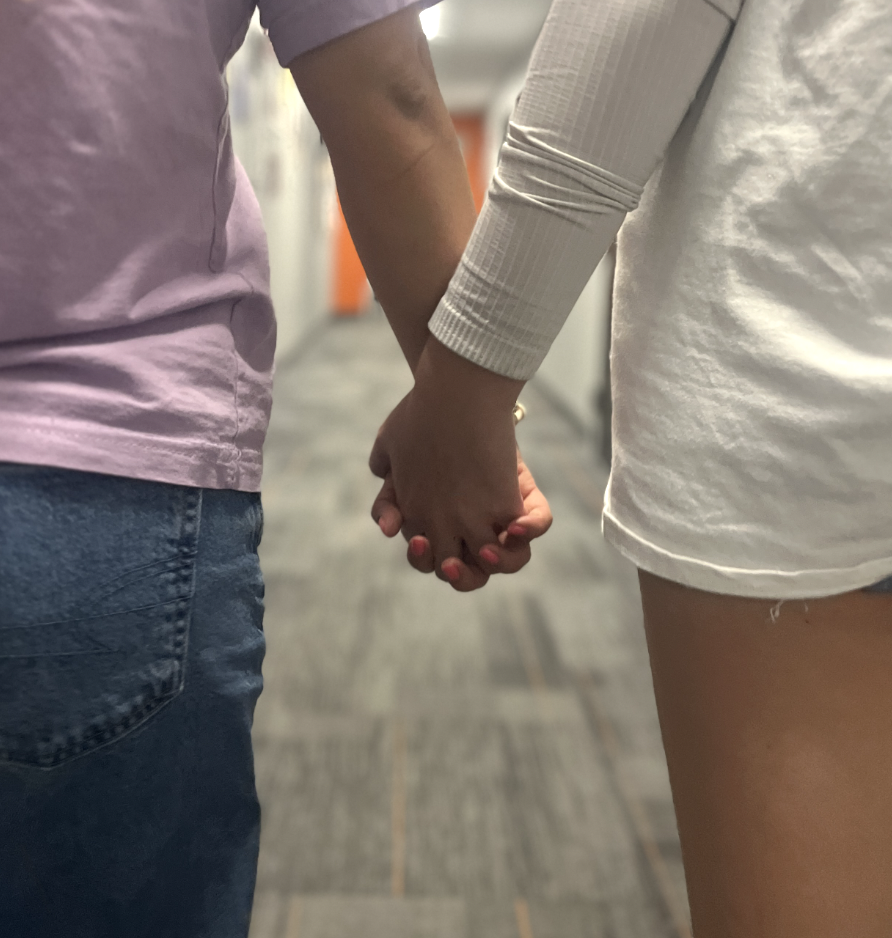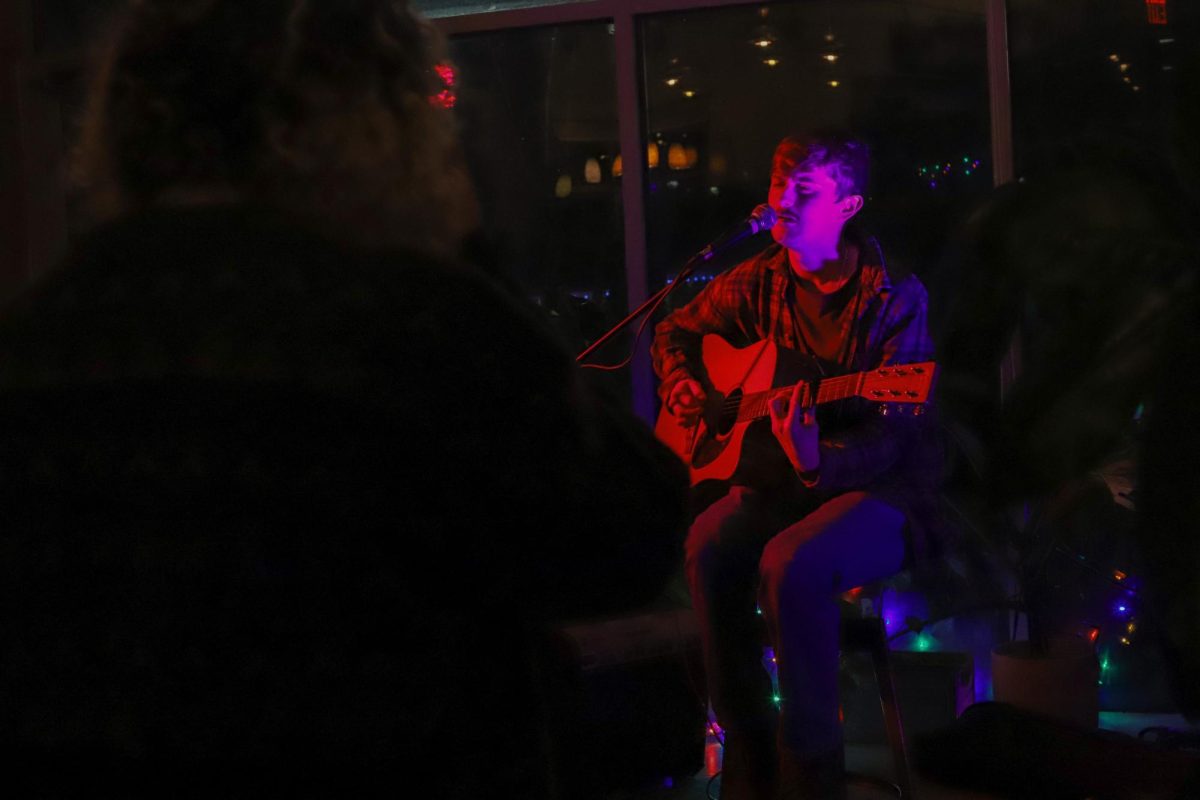This is a sensitive subject for many, so if you have been affected by violence or assault, please continue with caution. This article does not go into detail about assault, but it does mention the reporting process and some statistics among other possibly triggering subjects.
Women’s safety is a topic that fluctuates in the media. Like everything else, we see spikes in the conversion whenever something happens, and then after about a week or two, the conversation dies down again. While I understand that we can’t talk about everything 24/7, this topic among many others is one that deserves a bit more time in the spotlight.
Sometimes people forget that statistics and news stories aren’t just fleeting moments in a headline on their way to work. These are real people and their friends and families facing true hardship. Statistics matter; they show us in simple terms how big of an issue things like interpersonal violence and assault really are.
We need to be taught how to deal with situations of domestic and interpersonal violence more than we are. Admittedly, it’s been a while since I took CU 1000, and certainly many things have changed in the world between now and 2019, but I remember what I learned. It was, in all honesty, an okay attempt at teaching us about these situations.
The problems that came from the education we received in CU 1000 were that the actual engagement I noticed from students was low at best and that for those who had been affected by the topics we learned about, there was no obvious way to exempt it. If anything, these experiences felt alienating.
I remember hearing my peers laughing and poking fun at the consent videos we watched while others were visibly, and rightfully, uncomfortable. I don’t believe they actually took anything from that video to heart.
I know that there is a better way to teach about consent and interpersonal violence, and I hope that Clemson improves the way that they educate freshmen about these topics.
Though this subject is difficult to talk about, it’s important to expose people to how much being the victim of a crime like sexual assault can affect someone’s life.
Videos like the one they show us about tea consent sugarcoat it, and that does nothing to prevent people from committing these heinous acts. Having the uncomfortable conversation, and allowing an out for those affected, would expose people to the uncomfortable truth of crimes against women and sexual assault and could prove more efficient in teaching people how consent works.
For one, I firmly believe that CUPD has full intentions to do everything it possibly can to stop interpersonal violence. After meeting with them last week, I got to learn more about what they do to educate, prevent and respond to interpersonal violence.
I learned about the steps they take to respond to reports of violence and what the process looks like from a survivor’s perspective. CUPD told me that they do everything in their power to help survivors feel safe and respected throughout and even after the process.
I was also informed about the ways in which they actively monitor campus, including having 24/7 cameras posted around campus and having surveillance outside of every on-campus housing location. Along with this, they actively work with groups associated with campus to provide education and resources about what they do and how they can help.
There are, however, many ways in which Clemson fails to protect students. Tiger Transit buses are meant to help students get where they need to, safely, at night. Previously, these buses ran until 6 a.m. but are now stopping at 3 a.m. The Tiger reached out to Parking and Transportation Services for a response and received none.
There are also very few options on campus for survivors to go anonymously and talk about what they went through. Many people on campus, including professors, are mandated reporters and have to report a crime or mental health concern.
It is all of our responsibility to ensure that topics like women’s safety remain present in the media. Clemson students do so much to raise awareness and foster support for this issue. Through the Sikes sit-ins, student advocacy groups and student support groups, there are many ways in which students are actively taking it upon themselves to improve the Clemson community.
Women’s safety affects all of us. When one of the members of our community doesn’t feel safe, it’s our responsibility to enact change to make it better. We can’t claim to have a Clemson family if we aren’t doing everything in our power to make campus safe for all.
If you or someone you know has been affected by violence, please reach out to an advocacy group or CUPD to find help. Clemson has many resources available for survivors of assault and violence. Though these systems aren’t perfect, they can still help.
I was recently asked by someone in a position of power at Clemson University why this topic interests me. To put it simply, it isn’t an interest, it’s my existence.
Healey Lucier is a senior horticulture major from Hilton Head Island, South Carolina. She is the current Outlook editor.



